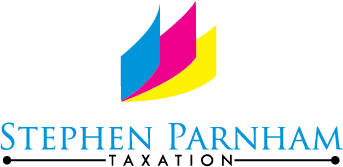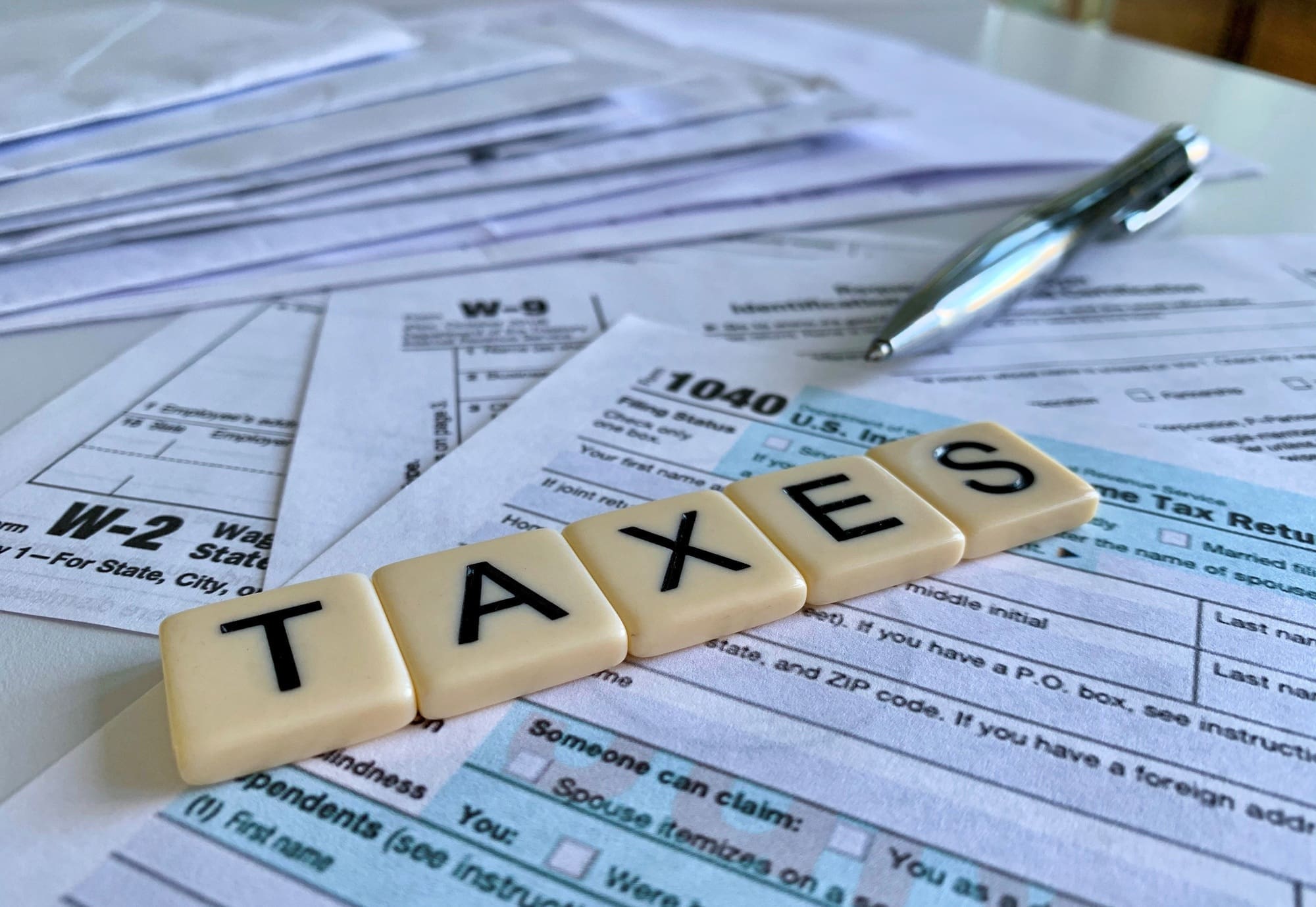HM Revenue & Customs updated their view of the liability of sleeping and inactive partners to NIC’s in 2013 though I am coming across investment partnerships where the partners may not have fully appreciated the implications.
What Are the Facts ?
Since April 2013, HMRC has taken the view that sleeping or inactive limited partners in a partnership with a trade or business are liable to pay Class 2 NIC as they are ‘gainfully employed’ as self-employed earners (and over the age of 16 and below pensionable age).
This will apply for all partners and members of investment partnership. Property and investment management carried on as a commercial venture via a partnership can be included in this definition.
HMRC’s position is based on the following analysis:
⦁ The definition of employment in SSCBA 1992 s.122 includes a business.
⦁ The Partnership Act 1890 provides that a partnership subsists between persons carrying on a business with a view to profit.
⦁ SSCBA 1992 s.2(1)(b) does not include a requirement for a partner to be actively involved in a business when looking at the definition of ‘self-employed earner’.
Depending on the type of activity, there may also be a class 4 NIC liability because the persons making up the partnership (whether general, sleeping or limited partners) will all be ‘carrying on a business in common with a view to a profit’. The analysis for Class 4 NIC’s is different to that for Class 2 however, because they are only payable on profits from trades, professions or vocations. Class 4 NIC is not chargeable on interest, dividends, income from property or chargeable gains, which will certainly be relevant in the case of investment partnerships.
Incidentally, those LLP’s affected by the Finance Act 2014 salaried member provisions should ensure that any class 1 NIC and PAYE liabilities are fully accounted for.
What are the Benefits ?
Among other things, Class 2 NICs crucially gives entitlement to the state pension. If state pension age is reached before 6 April 2016, the full state pension depends on a record of 30 years of contributions. If there are fewer contribution years, the state pension amount will be a proportion of the years of contribution to 30. If state pension age is reached on or after 6 April 2016, 35 years of contributions will be required to get the full basic state pension and it will normally be necessary to have at least ten years of contributions to qualify for any entitlement at all.
It is possible for non-UK residents to qualify for the UK state pension if they have previously worked in the UK for a continuous three year period, provided certain other conditions are met.
Circumstances where Class 3 NIC Payments may be appropriate ?
Class 2 NIC for 2014/15 are £2.75 per week. It is possible to top up entitlement to state pension benefits by making voluntary class 3 NIC. In cases of small levels of profit it is possible to get an exception to the requirement to pay class 2 NIC (for the 2014/15 tax year the level of profit below which this can apply is £5,885).
Exception from class 2 NIC can be obtained if you are likely to pay class 1 NICs on earnings of at least £805 per week or £3,489 per month for the whole year, while exception from paying class 4 NIC is available provided other forms of NIC are sufficient.


